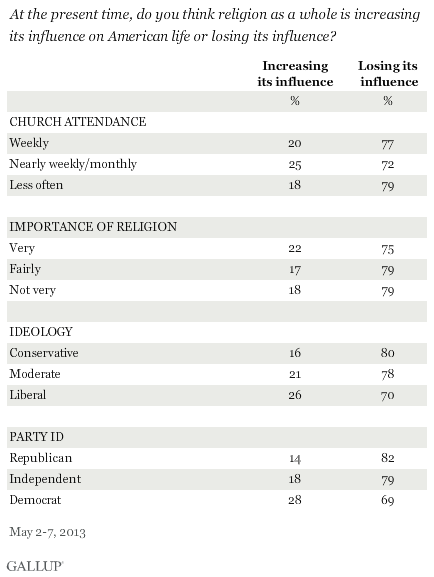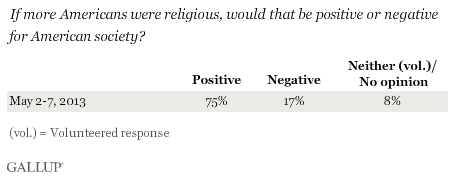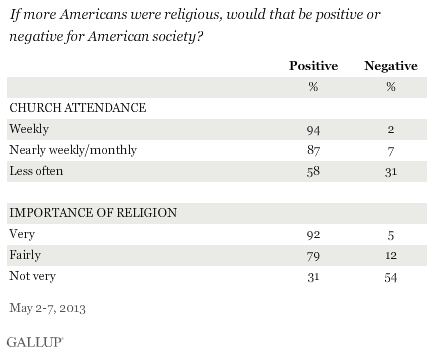Kids and families are attending church less frequently. Families used to consider themselves regular attendees if they came 3-4 times a month. Recent stats now show that families who attend once every 4-6 weeks consider themselves regular attendees.
51% of Americans say church is not that important or not important at all. And the younger the person, the less important it is. Only 20% of adults under 30 say church attendance is important.
What is causing this decline? A big factor is generational characteristics.
Senior adults were shaped by events like World War II and are very loyal to the institutions they fought to protect, including the churches they attend.
Middle-aged adults were shaped by events Vietnam, Woodstock, and Watergate and learned to challenge authority. They are consumers, attending church for what it has to offer them.
Young adults have been shaped by postmodernism, which promotes tolerance and the denial of absolute truth. 59% who grew up in church have dropped out.
They say the church is irrelevant and hypocritical. One-third have left the church because of it's "anti-gay" stance which they see as intolerance.
These are the young parents and families who are only attending your church once every 4 to 6 weeks...if they attend at all.
In spite of this, I am encouraged. There are many churches that are growing and reaching kids and families.
In fact, right now, Jesus is building some of the greatest churches in the history of our nation. Thousands of kids and families are being brought into the kingdom by the Spirit of God.
But even for churches that are growing and reaching kids and families, the question remains...how do we encourage families to be faithful instead of sporadic in their church attendance?
I believe there are 6 keys.
#1 - We must be RELEVANT. A big reason kids and families are not attending as frequently is because what they experience and hear at church is not relevant to their everyday life.
If we are going to be relevant to people's lives, we must teach beyond the facts. I talk more about this here.
#2 - We must be RELATIONAL. Kids and families want to be known, loved, and cared for. Relationships is the glue that will help them be faithful. They'll be consistent when they know they'll be missed by someone if they're absent.
#3 - We must RECRUIT people to serve. When people serve in community, they will be motivated to be consistent in their attendance.
I am convinced more than ever, that serving is a key part of discipleship and faithfulness. Someone who is only attending once every 4-6 weeks is probably not serving. Think about it. Those who ARE consistent in their attendance...your core...are those who are engaged in serving.
Build a culture of serving and you will see kids and families begin to attend more consistently.
#4 - We must REVERBERATE a mission. People long to be part of something significant...something bigger than themselves. And when they find it...they will consistently give themselves to it.
Do families know the mission of your church? Is it clearly defined? Is it easy to remember? Is it something worthy of their time, talent, and treasure?
#5 - We must REMIND families of the importance of consistent church attendance. By reminding, I am not referring to taking them on a guilt trip. But rather, sharing with them the essential role church plays in the life of a believer. And showing parents how church attendance is vital in laying a spiritual foundation for their children.
#6 - We must be about REDEMPTION. Why is the church seen as intolerant? Perhaps it's because we're known more for what we are AGAINST than what we are FOR.
We must speak the truth in LOVE...not compromising God's Word...but at the same time be known first and foremost as a place that loves people...no matter where they are in life...and offers them hope, healing, and forgiveness through Christ.
Jesus was the friend of sinners...not the foe of sinners.
Have you found these percentages to be true in your church?
How often do families attend? (not the committed core, but your average family)
What are you doing to encourage families to be more consistent in their attendance?
The floor is yours. Share your ideas in the comment section below. We really want to hear them.























